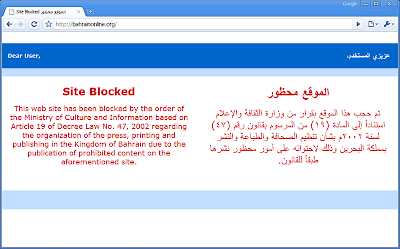Censorship in the People’s Republic of China is defined by the suppressing or restrictions of publications. Chinese Internet Censorship is implemented and enforced through the People’s Republic of China’s ruling body, the Communist Party of China.
The censorship of the media is to prevent the masses viewing something that the Communist Party of China does not wish then to view. Their control expands over the television, radio, newspapers and the internet.
The Taiwanese Ministry of Foreign Affairs class the media situation that extends to the internet as being “very serious”. They have ranked the government of China among the worst.
The Communist Party of China censors the internet as a way of control. Censorships help to prevent any reformist or rebellions from taking place, or at least helps to minimise this risk.
In February 2009, Li Dongdong, General Administration of Press and Publication, introduced an array of regulations that would govern journalists. Any one who opposed or contravened these laws would be placed on a list and be unable to continue to work as a member of the press. These were designed, so Li Dongdong announced to “to a halt to fake news”. The editor of China Youth Daily criticised the new regulations and was later dismissed for opposing the censor.
Chinese Internet Censorship – some Stats
According to a study carried out by Harvard University, there are over 18,000 websites which are blocked and banned within the People’s Republic of China.
52 cyber dissidents have been imprisoned for their online communications. This is a worrying fact and one where it is clear to see the extent of which some countries will go to, to ensure total control through censorship.
In recent months, discussions and negotiations have taken place to reduce the number of barred websites; Yahoo, Wikipedia and YouTube to name a few, and restrictions on these have been relaxed, although with limitations.
In has been suggested that by banning and restricting the internet access to mainland China, it helps to ensure that their own e-commerce industry booms.
There is also an issue of self-censorship within the internet debate. As some companies from Hong Kong are opting to regulate themselves by the guidelines decreed from the Communist Part of China. This giving them an opportunity to expand in an unsaturated e-commerce industry, this obviously is advantageous for the company, but it does raise some moral questions as to whether regulating themselves in this manner advocated the Republic of China’s regime and the impact that this is having on the inhabitants ability of freedom of speech.

 Internet censored
Internet censored